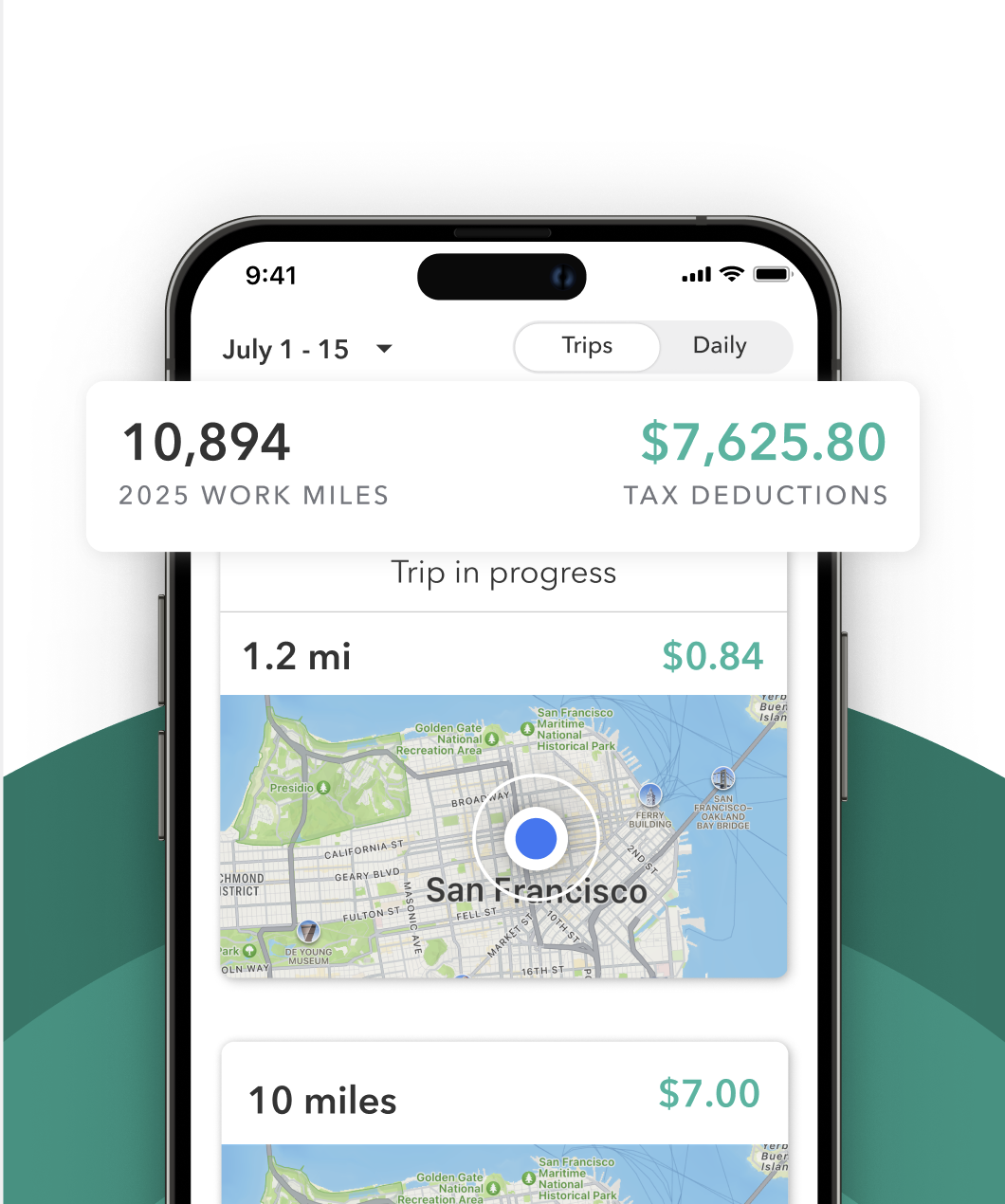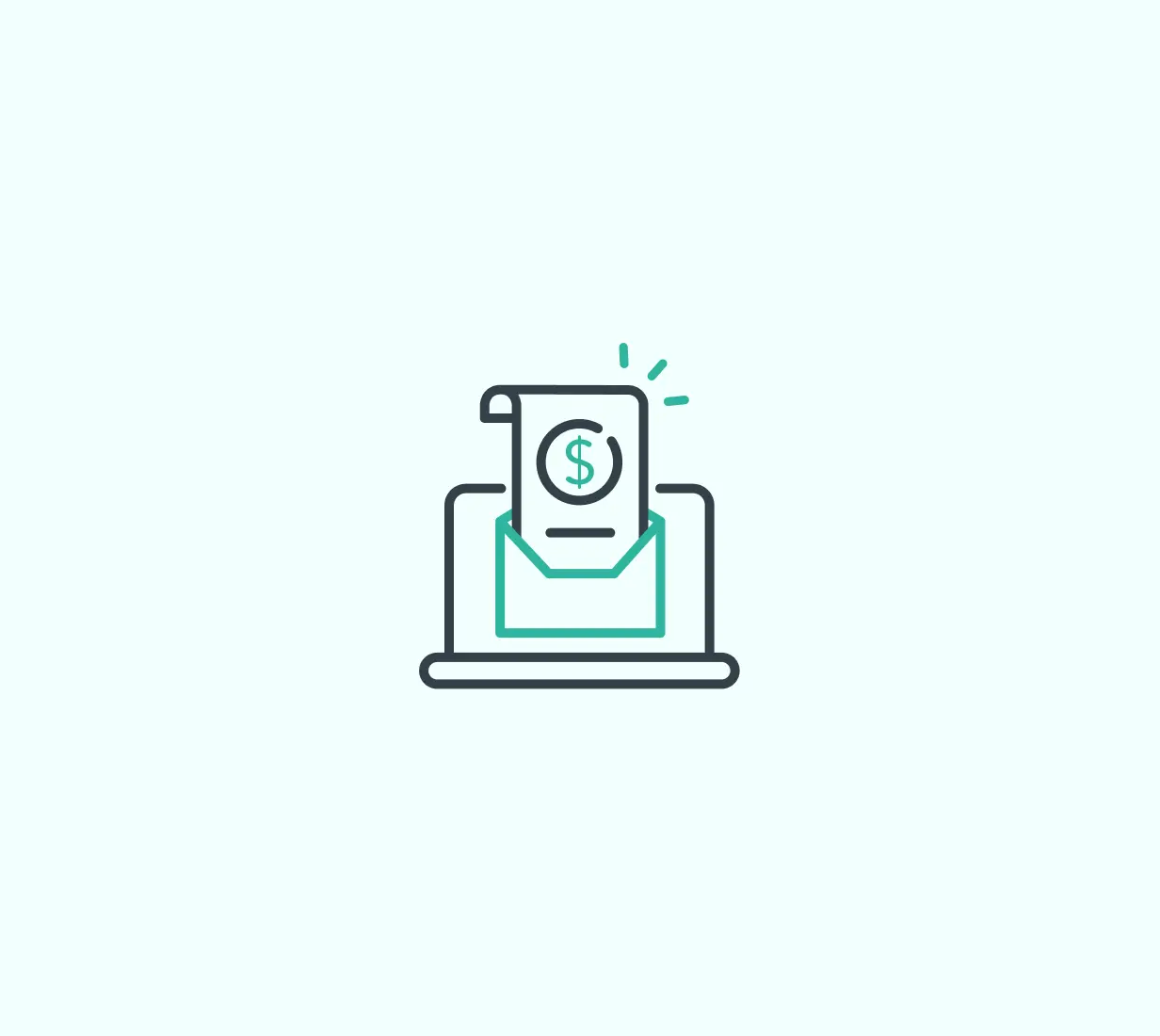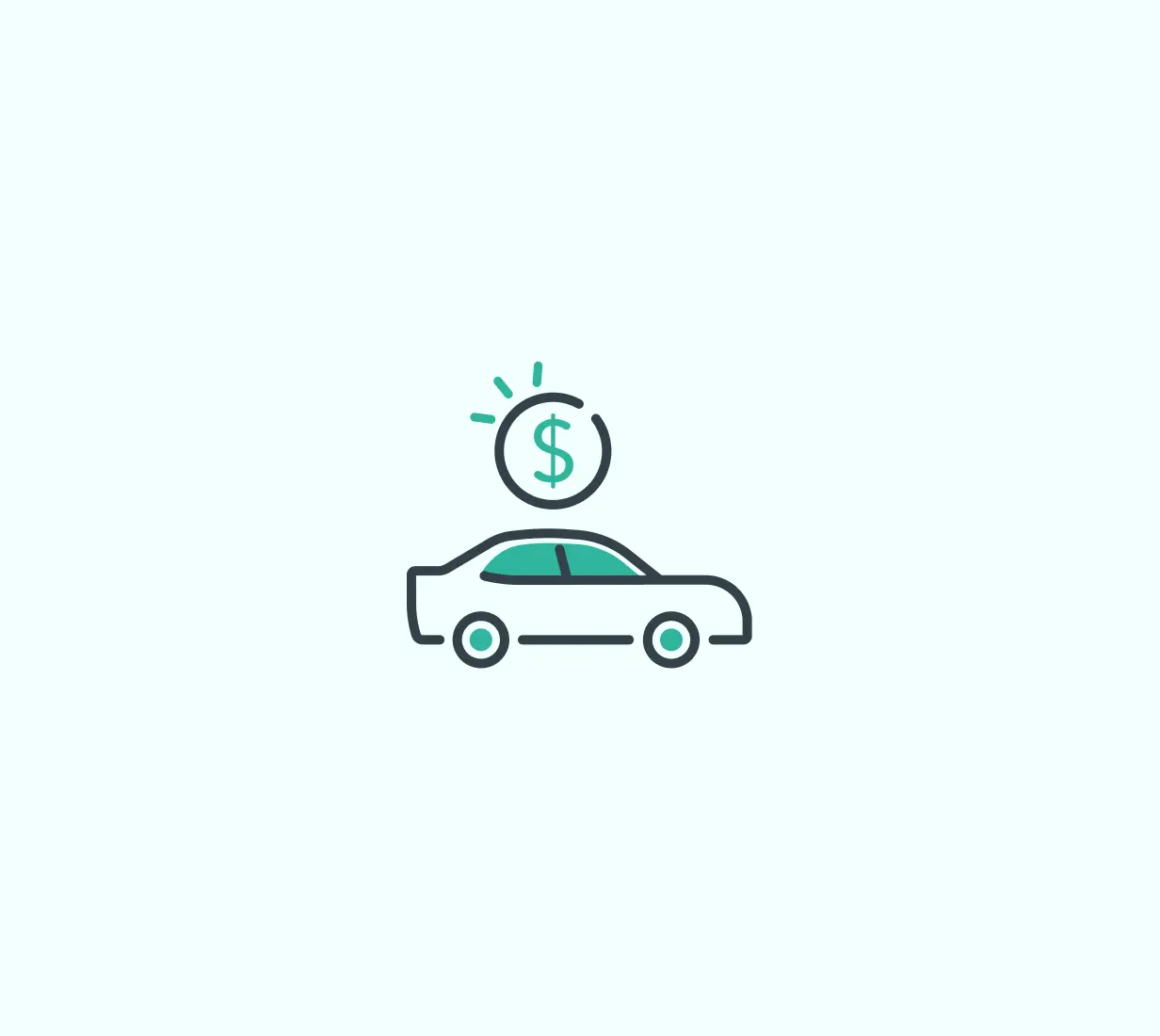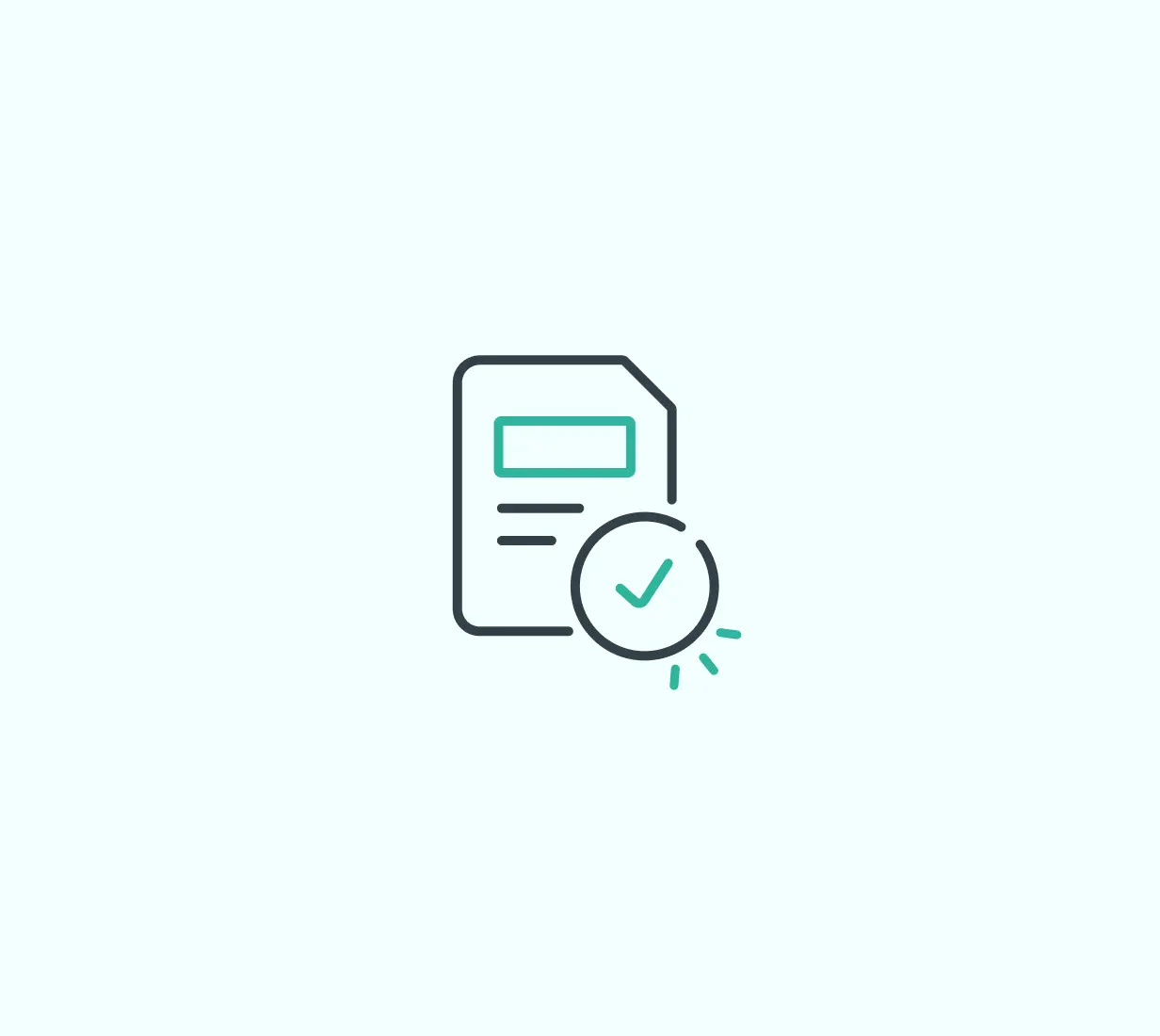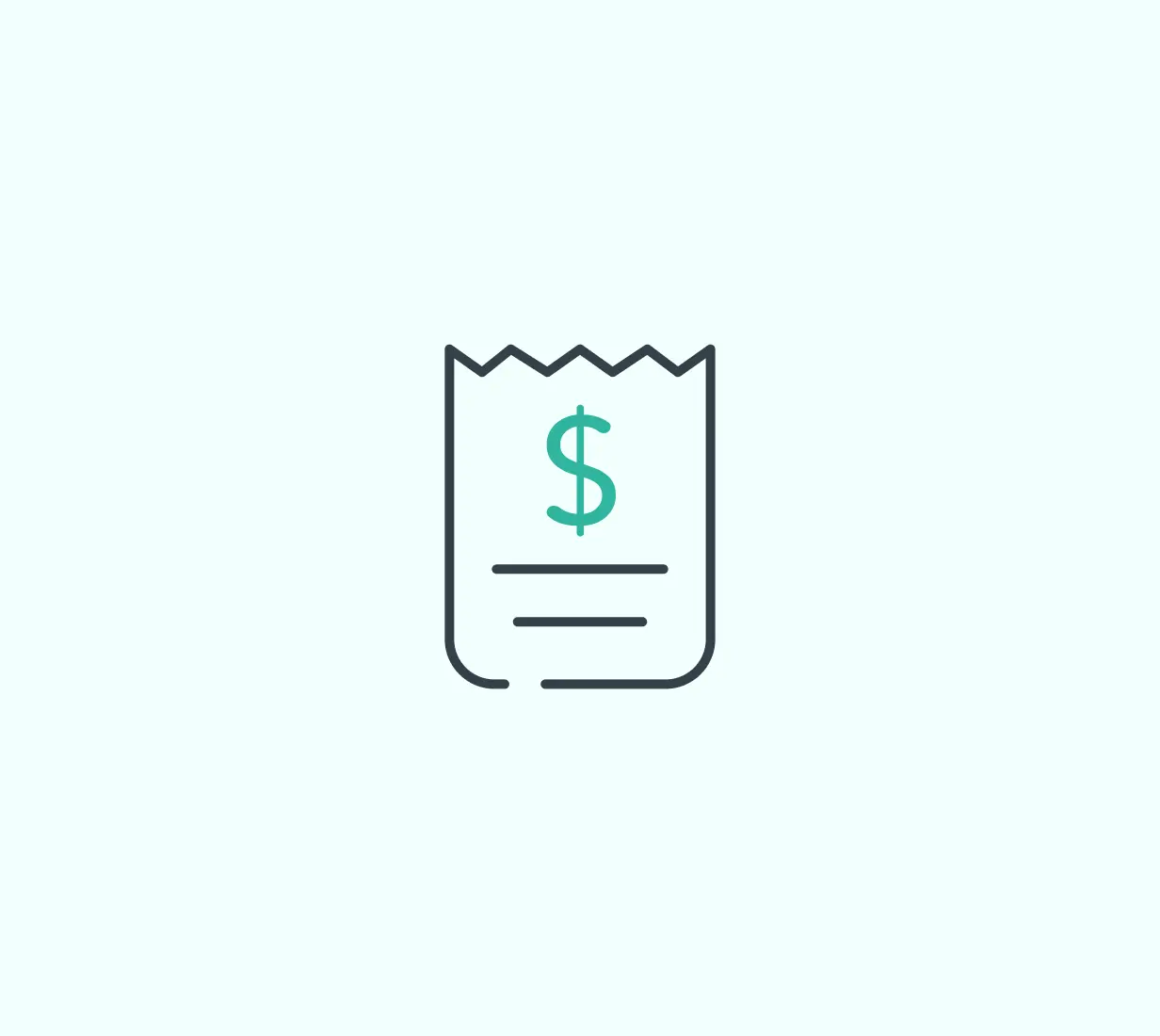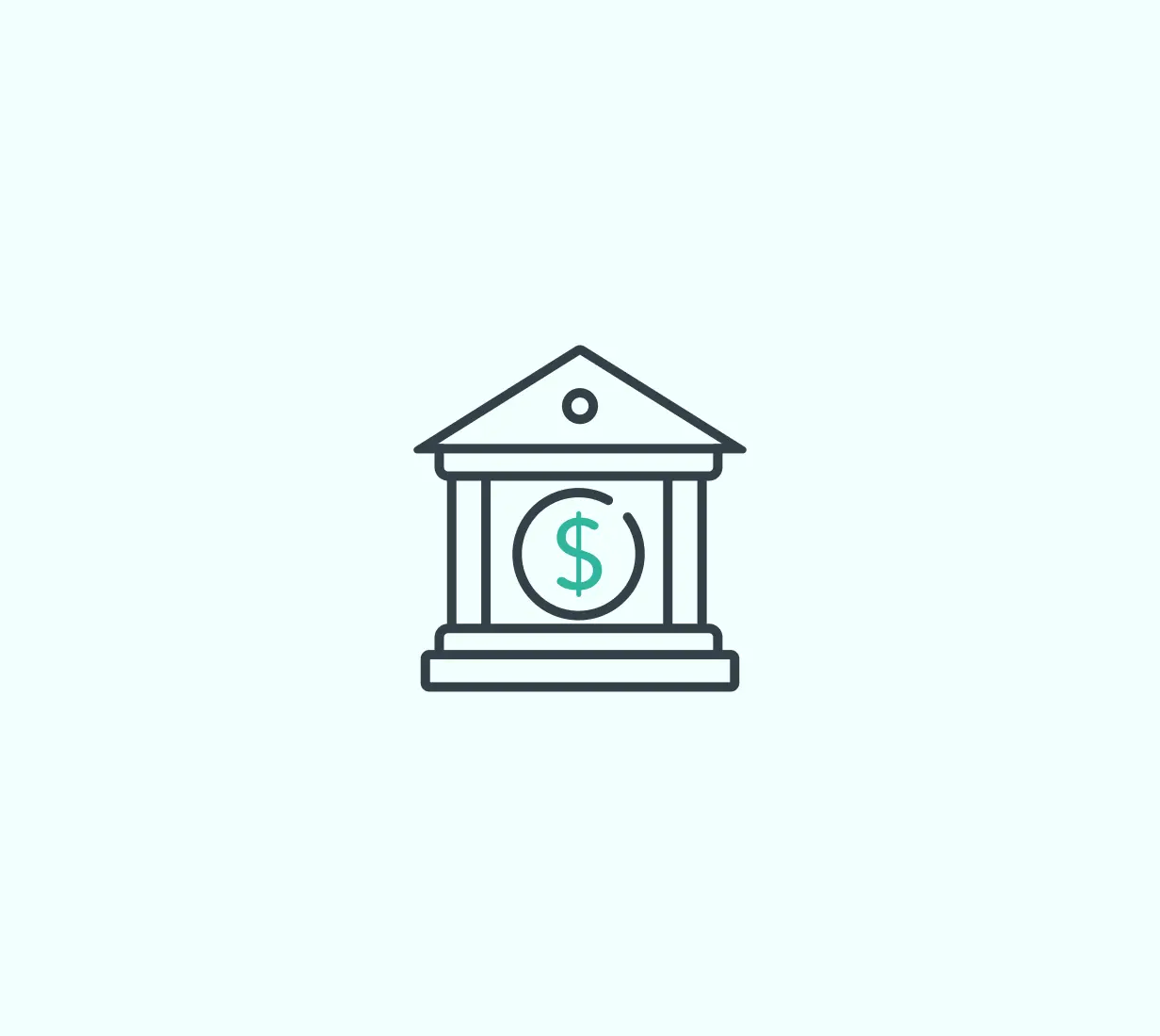As an independent contractor, you’re eligible for business deductions that can lower the amount of taxes you have to pay. If you want to maximize your deductions, and therefore maximize the money you keep, read on so you can have a better idea of the types of tax deductions for Doordash drivers you can take.
So, what deductions can you claim for Doordash?
Mileage or vehicle expenses
Your vehicle is your primary work tool. You can deduct the cost of using it for deliveries in one of two ways:
Standard mileage method
Multiply your business miles by the IRS mileage rate. This method covers gas, maintenance, insurance, depreciation, and other operating costs in one simple per-mile amount.
Actual expense method
Instead of using a mileage rate, you can add up all your car expenses and deduct the business-use percentage. This includes:
- Gas
- Maintenance
- Repairs
- Tires
- Oil changes
- Insurance
- Registration
- Lease payments or depreciation
No matter which method you use, you can deduct tolls and parking fees separately. Just make sure to keep a detailed mileage log. The IRS requires one if you want to claim a vehicle deduction.
Phone and service bills
You use your phone constantly for navigation, communication, and managing deliveries. That means a portion of your phone bill is deductible, including:
- Monthly service charges
- Data plans
- Phone accessories used for work, like mounts and chargers
Only deduct the portion that relates to work. If you use your phone 30% of the time for DoorDash and 70% personally, you can only deduct 30% of the cost.
Hot bags, courier backpacks, and delivery gear
Insulated bags, blankets, and other tools that help you deliver food more effectively are deductible. These are considered business supplies. As long as they are used for work, they qualify as write-offs.
Tolls and parking fees
Any tolls you pay while on delivery are tax-deductible, as long as DoorDash is not already reimbursing you. The same goes for paid parking. Keep receipts or records of when and where you paid.
Note: Parking tickets, speeding tickets, and other fines are not deductible.
Background checks or inspections
If you paid for a background check or vehicle inspection to become a Dasher, those costs count as deductible business expenses. Make sure to save your confirmation emails or receipts.
Roadside assistance
If you pay for a service like AAA or another roadside plan, you can deduct the portion that applies to business use. For example, if you use it four times per year and two of those were during DoorDash deliveries, you can deduct half the cost.
Health insurance premiums
Self-employed individuals can deduct health insurance premiums they pay for themselves, their spouse, or dependents. You must meet certain criteria, such as not being eligible for another employer’s plan.
Tools and subscriptions
Apps, services, or software you use to help run your DoorDash business are also deductible. This can include tax prep software, expense tracking tools, or subscription-based mileage tracking apps.
Just make sure to deduct only the portion used for work if the tool also serves a personal purpose.
Common mistakes Dashers make when writing off expenses
Mixing business and personal use
You can only deduct the portion of each expense that relates to your DoorDash work. Don’t write off your entire phone bill or insurance if you also use them personally.
Forgetting small deductions
Small purchases like phone mounts, cleaning wipes, and hot bags can add up. Don’t overlook them.
Not tracking mileage accurately
If you’re using the mileage deduction, you need a clear record of business trips. Without a log, your deduction could be denied.
Choosing the wrong deduction method
Some Dashers assume the actual expense method is better, but the mileage deduction often results in a larger write-off. Compare both if you're unsure.
Why Dashers should track deductions year-round
Staying organized throughout the year makes tax time less stressful and more accurate. Every qualified deduction reduces your taxable income and could save you hundreds or even thousands of dollars.
If you wait until the end of the year to gather receipts and logs, you may miss out on valuable deductions. Start now, and make it part of your regular routine.
Whether you're part-time or full-time, tracking your DoorDash business expenses gives you more control over your income and your taxes.



